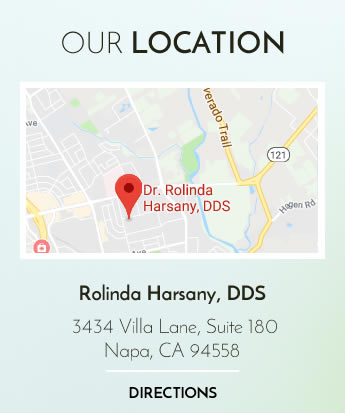If you or your partner snores, you probably consider it a mild annoyance and nothing more. Actually, snoring can indicate a more serious problem called sleep apnea. A potentially life-threatening condition, sleep apnea is characterized by short interruptions of breathing that occur while you sleep. Approximately 12 to 20 percent of Americans experience some level of sleep apnea.
Two types of sleep apnea exist – obstructive sleep apnea (OSA) and central sleep apnea. Less common than obstructive sleep apnea, central sleep apnea happens when the brain forgets to send messages to the brain to initiate breathing. Obstructive sleep apnea is caused when the throat muscles and soft palate relax so much that they restrict an individual’s airways.
Though sleep apnea occurs in both sexes, more men than women develop the condition. People who are overweight, anyone with high blood pressure, or those who have physical issues with their noses are more likely to experience sleep apnea. As well, genetics may play a part because sleep apnea tends to run in families.
Common side effects of sleep apnea may include:
• Daytime drowsiness
• Depression
• High blood pressure
• Irritability
• Memory loss
• Poor job performance
Because sleep apnea can impact your overall health, don’t ignore any symptoms you have. Your dentist can recommend non-surgical therapy for sleep apnea, such as an oral appliance. Custom fit for your mouth, an oral appliance will hold your mouth in the proper position, which keeps your airways open and allows you to get a good night’s rest.


